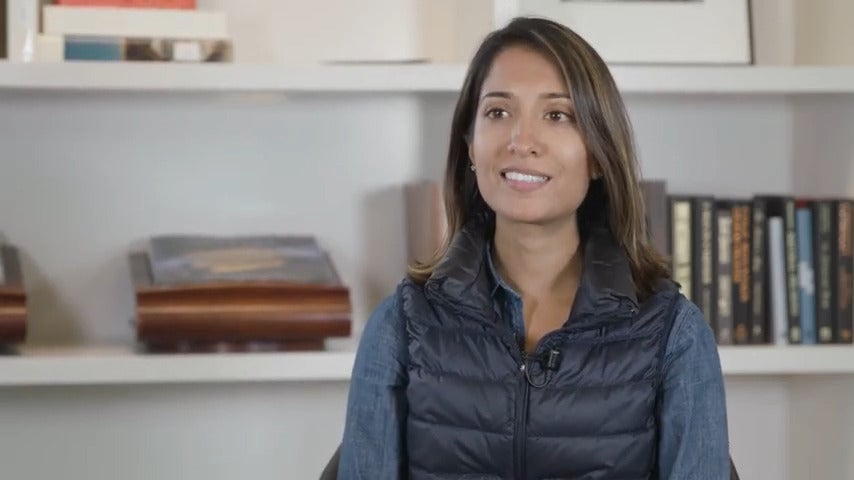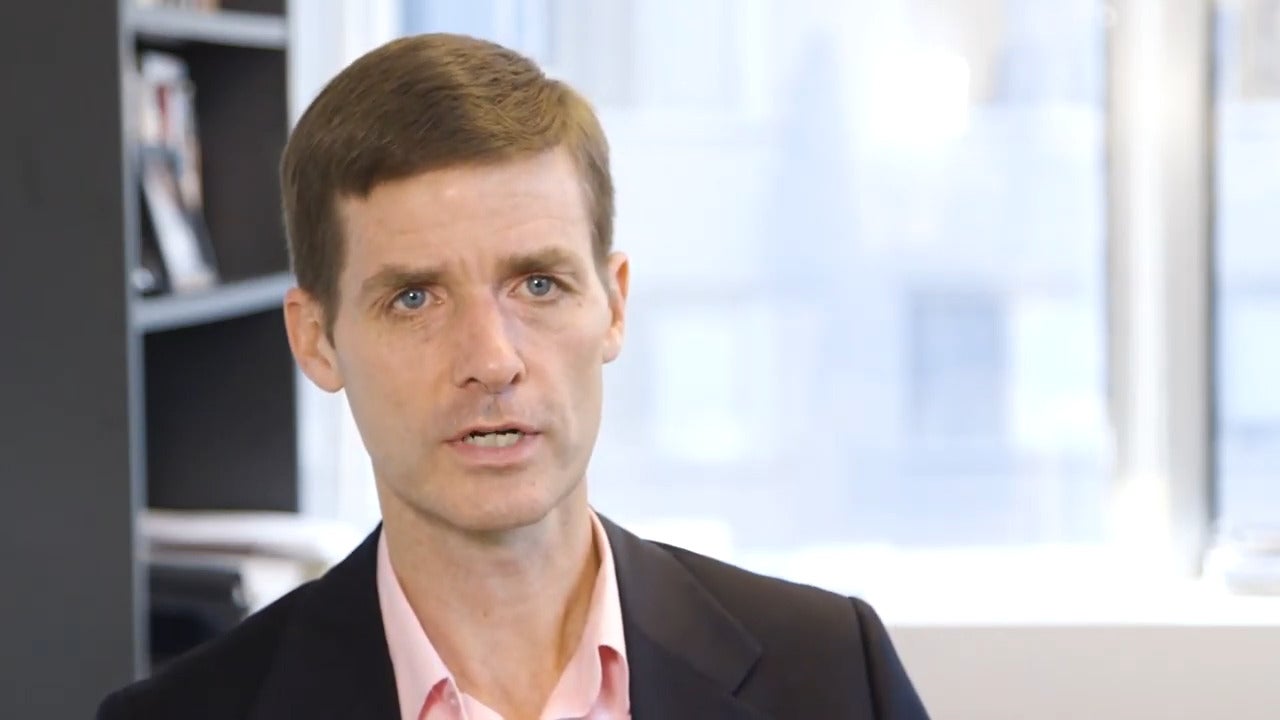More than 100 Socrates participants from 10 countries and around the U.S. convened in Aspen, CO from June 24-27 to participate in the 2011 Summer Socrates seminars. The five seminars offered include Capitalism at a Crossroads with Clive Crook, senior editor, The Atlantic, columnist, National Journal, and commentator, the Financial Times; 21st Century Media: News, Entertainment and Public Information with Geneva Overholser, director of the School of Journalism, University of Southern California Annenberg School for Communication and Journalism; Innovation, education and skills-building in a Global Society with David Leonhardt, Pulitzer Prize-winning columnist, The New York Times; World Politics, Regional Dynamics, with Philip Zelikow, White Burkett Miller Professor of History, University of Virginia, and former executive director of the 9/11 Commission; Cybersecurity with Catherine Brown, Deputy Assistant Secretary for Intelligence Policy and Coordination, Bureau of Intelligence and Research, Department of State, and guest moderator Jonathan Zittrain, Professor of Law at Harvard Law School, and co-founder of the Berkman Center for Internet & Society. The Socrates Program celebrated its 15th Anniversary with a dinner on Sunday, June 26, featuring a conversation with Thomas L. Friedman, Sonal Shah and Jonathan Zittrain on the “Digital Disconnect.” Additional information on the Anniversary Dinner is available here. Video is available here.
Photos from the Socrates weekend are available on our Flickr page.
Capitalism at a Crossroads
Does the recent economic catastrophe and interventionist government response in the US suggest that free markets don’t work? Does State capitalism work? This seminar will explore the strengths and weaknesses of public and private forces in the economy.
Moderator: Clive Crook, senior editor, The Atlantic, columnist, National Journal, and commentator, the Financial Times
21st Century Media: News, Entertainment, and Public Information
The rise of blogging, social media and electronic distribution dramatically changed how information is created, delivered and consumed. What drives the media and are they providing the information the public needs? How will the public’s need for substantial news be met now that the traditional economic models are collapsing? Does the transition from consumer to co-creator of news threaten or enhance such traditional media ethics as verifiability and affirmation? What will be the impact of social media in the future? This seminar will focus on the changing role of the media in a digital age.
Moderator: Geneva Overholser, director of the School of Journalism, University of Southern California Annenberg School for Communication and Journalism
Innovation, education and skills-building in a Global Economy
The economy increasingly relies on high-skilled jobs, yet the performance of U.S. schools lags behind the performance of much of the world. Is the American school system dooming its economy? What skills should the U.S. develop to compete in a global economy? What are schools already doing well? What reforms hold the most promise? This seminar focuses on the problems facing American education, the debate over those problems and education’s long-term impact on innovation and the economy.
Moderator: David Leonhardt, Pulitzer Prize-winning columnist, The New York Times
World Politics, Regional Dynamics
As the process of globalization stutters, regional dynamics are coming back to the foreground. China, India, Brazil, Turkey are all hubs in changing neighborhoods. Traditional centers in Europe and the United States — though still engaged — seem increasingly distracted. Flows of ideas, money and influence are shifting too. In this seminar we will look at the economics, the security picture, and even the ecology. Participants will sift evidence and arguments to gain some sense for these new directions — both the strains and the opportunities.
Moderator: Philip Zelikow, White Burkett Miller Professor of History, University of Virginia, and former executive director of the 9/11 Commission
Cybersecurity
For some countries, cybersecurity is about state security. For the United States, it means protecting critical infrastructure, sensitive financial and personal information, intellectual property, and government communications systems from terrorists, hackers, criminals, proxies, and hostile states. For civil libertarians, cybersecurity may also mean protecting private communications from unwarranted or unauthorized monitoring. This seminar will explore these tensions, focusing on different concepts of cybersecurity, threats to cybersecurity, and the implications of proposals to enhance cybersecurity for personal privacy and concepts of sovereignty in an interconnected world.
Moderator: Catherine Brown, Deputy Assistant Secretary for Intelligence Policy and Coordination, Bureau of Intelligence and Research, Department of State


